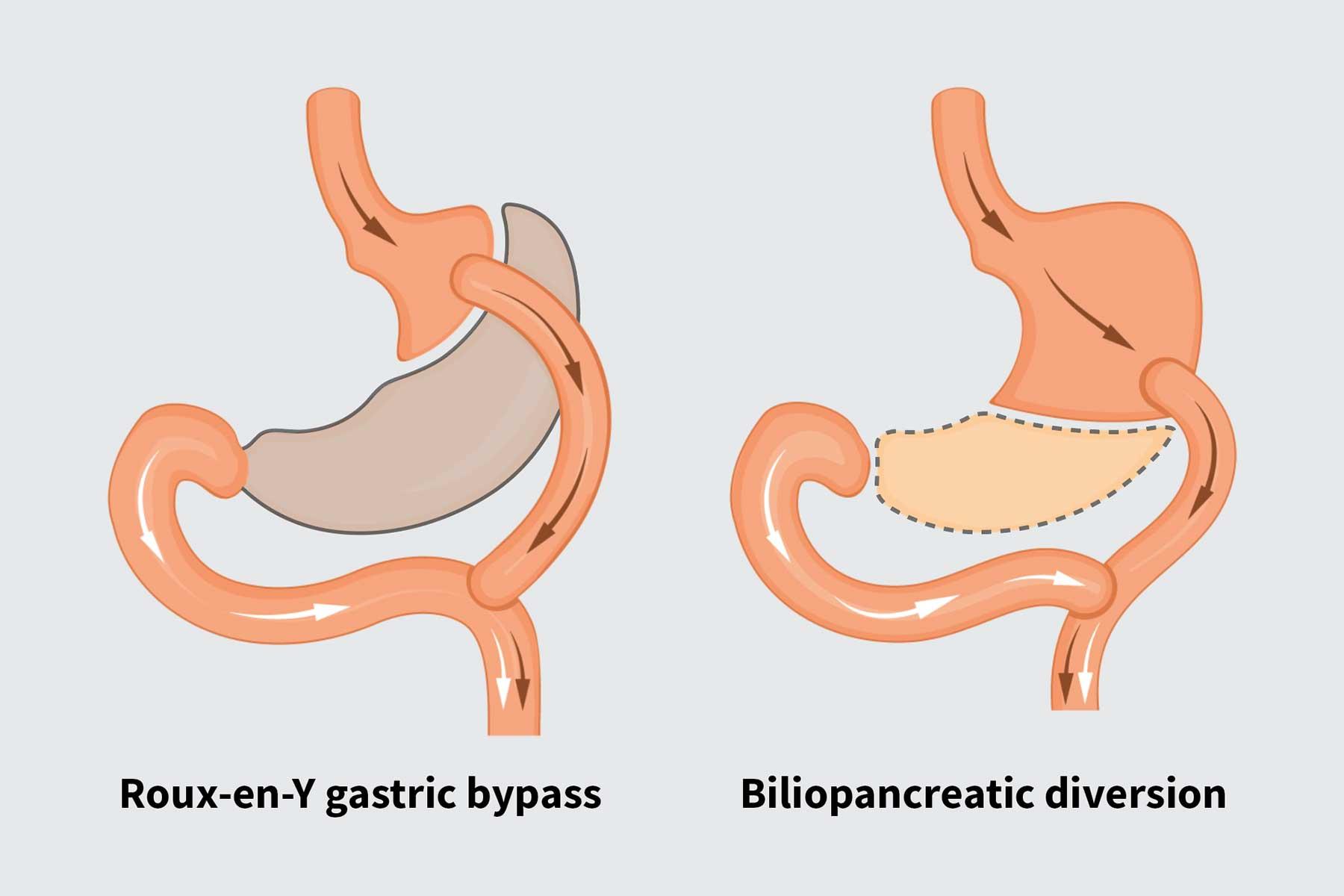In the quest for health and wellness, many embark on a journey filled with determination, discipline, and hope. Among the myriad of paths leading to weight loss, surgery stands out as a formidable option, promising transformation when other avenues have faltered. But how effective is this surgical intervention in the grand tapestry of weight management? As we delve into the intricacies of weight loss surgery, we aim to unravel its potential, examining the scientific, emotional, and social dimensions that shape its success. Through the lens of research and personal stories, we explore whether this medical marvel truly holds the key to a healthier future or if it merely offers a temporary reprieve in the complex battle against obesity. Join us as we navigate the nuanced landscape of weight loss surgery, where promises of change meet the realities of human experience.
Understanding the Mechanisms of Weight Loss Surgery
Weight loss surgery, also known as bariatric surgery, involves various procedures designed to help individuals lose weight by altering the digestive system. These procedures work through different mechanisms, such as:
- Restriction: Reducing the size of the stomach, which limits the amount of food intake. Procedures like gastric sleeve and adjustable gastric banding fall into this category.
- Malabsorption: Bypassing a portion of the small intestine, leading to reduced calorie and nutrient absorption. Gastric bypass is a well-known procedure that utilizes this mechanism.
- Hormonal changes: Altering the gut hormones that regulate hunger and satiety, which can lead to decreased appetite and increased feelings of fullness.
These mechanisms can result in significant weight loss, improve metabolic conditions, and enhance quality of life. However, the effectiveness of these procedures can vary based on individual factors, including commitment to lifestyle changes and adherence to post-surgery guidelines. Understanding these mechanisms is crucial for individuals considering surgery as a viable option for long-term weight management.

Comparing Long-Term Success Rates Across Different Procedures
When evaluating the long-term success rates of various weight loss surgeries, it’s essential to consider the distinct advantages and challenges each procedure presents. Among the most commonly discussed options are gastric bypass, sleeve gastrectomy, and adjustable gastric banding. Each procedure has its unique pathway to achieving weight loss, and their effectiveness can be measured not just in pounds lost, but also in improved health metrics and quality of life over time.
Gastric bypass often leads the way in terms of substantial weight loss, frequently resulting in a loss of 60-80% of excess weight. On the other hand, sleeve gastrectomy is lauded for its relatively lower complication rates and significant weight loss, with patients typically losing 50-70% of their excess weight. Meanwhile, adjustable gastric banding offers a less invasive option, with the potential for a 40-50% reduction in excess weight, although it requires a more disciplined approach with regular adjustments. Key factors influencing these outcomes include:
- Patient adherence to post-surgery guidelines
- Pre-existing health conditions
- Ongoing support and lifestyle changes
Ultimately, the choice of procedure should be personalized, balancing the potential for significant weight loss with individual health goals and lifestyle preferences.
Evaluating the Health Benefits Beyond Weight Reduction
Weight loss surgery is often heralded for its ability to help individuals shed pounds, but its health benefits extend far beyond just a smaller waistline. For many, these procedures act as a catalyst for improved metabolic health, significantly reducing the risk of chronic diseases. Patients often experience a notable improvement in insulin sensitivity, which can lead to the remission of type 2 diabetes. Additionally, there is substantial evidence that weight loss surgery can lower blood pressure and improve lipid profiles, offering protection against cardiovascular diseases.
- Improved Sleep: Many patients report a reduction in sleep apnea symptoms, leading to better rest and overall well-being.
- Joint Relief: Less weight on the joints can result in decreased pain and improved mobility, enhancing quality of life.
- Mental Health Boost: The psychological benefits, including increased self-esteem and reduced symptoms of depression, are often cited as life-changing.

Guidelines for Choosing the Right Surgical Option
When considering weight loss surgery, it’s essential to evaluate several factors to identify the most suitable surgical option for your needs. Personal health conditions play a crucial role in this decision-making process. It’s important to discuss any existing medical conditions with your healthcare provider, as some surgeries may pose higher risks for individuals with specific health issues. Lifestyle and long-term goals should also be considered, as different procedures offer varying outcomes in terms of weight loss, recovery time, and dietary restrictions.
Additionally, understanding the potential risks and benefits associated with each type of surgery is critical. Consult with a qualified bariatric surgeon who can provide comprehensive information on options such as gastric bypass, sleeve gastrectomy, or adjustable gastric banding. Consider these aspects when discussing with your healthcare team:
- Recovery Time: Some procedures may require longer hospital stays and recovery periods.
- Expected Weight Loss: Evaluate the expected outcomes and how they align with your personal goals.
- Insurance Coverage: Check with your insurance provider to understand what procedures are covered.
- Post-surgery Lifestyle Changes: Be prepared for the necessary lifestyle adjustments post-surgery, including dietary changes and exercise.
By thoroughly assessing these factors, you can make a more informed decision that aligns with your health needs and personal aspirations.
To Conclude
In the ever-evolving landscape of health and wellness, the journey toward weight loss is a deeply personal and often complex endeavor. As we have explored, weight loss surgery stands as a formidable tool in this journey, offering significant potential for those who meet the criteria and are prepared for the lifestyle changes that accompany such a transformative step. While the effectiveness of these procedures is supported by a wealth of data, they are not without their challenges and considerations.
As we close this chapter on the effectiveness of weight loss surgery, it is crucial to remember that every path to health is unique. The decision to undergo surgery is not merely a medical one but a life-altering commitment that requires careful deliberation, professional guidance, and unwavering support. Whether you are considering this option or supporting someone who is, the essence of this journey lies in informed choices and a compassionate understanding of the road ahead.
In the grand tapestry of health, weight loss surgery is but one thread, weaving together the hopes, aspirations, and realities of those who choose it. As with any story of change, the true measure of success lies not just in the numbers on a scale, but in the enhanced quality of life and renewed sense of possibility it brings.


































